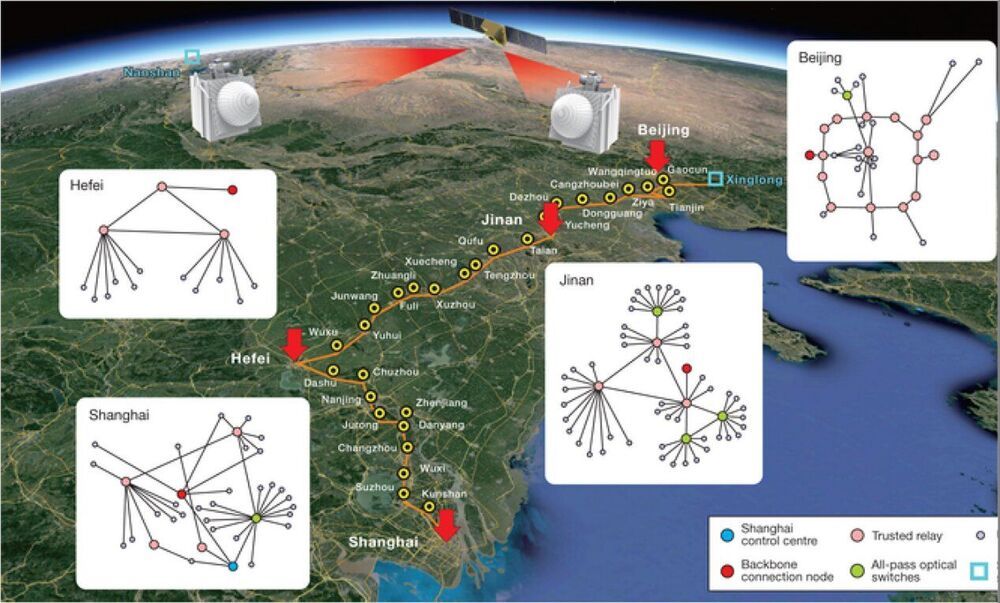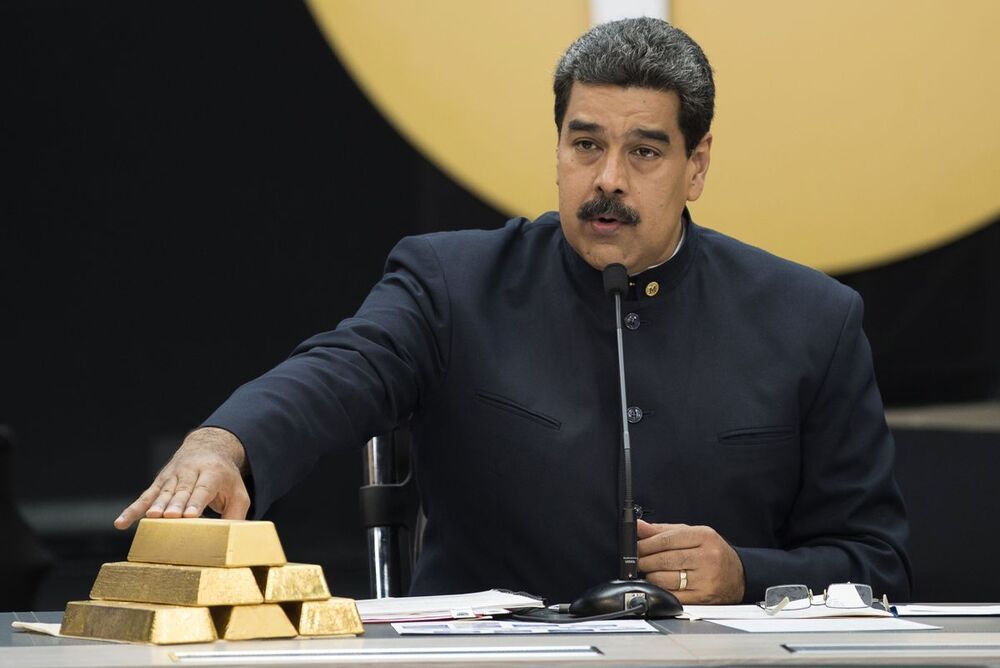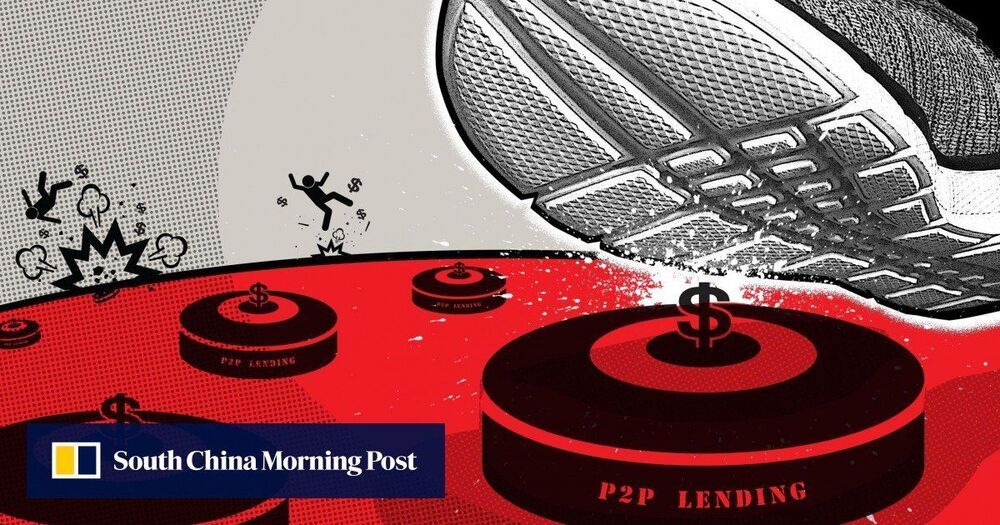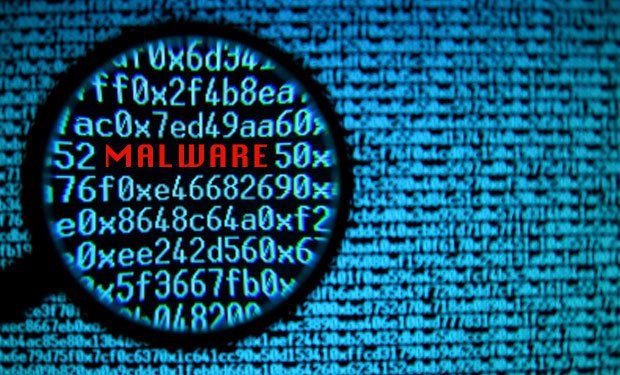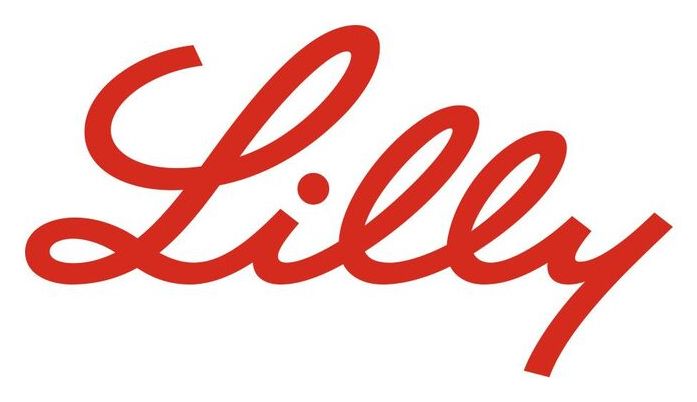Movie ratings can determine a movie’s appeal to consumers and the size of its potential audience. Thus, they have an impact on a film’s bottom line. Typically, humans do the tedious task of manually rating a movie based on viewing the movie and making decisions on the presence of violence, drug abuse and sexual content.
Now, researchers at the USC Viterbi School of Engineering, armed with artificial intelligence tools, can rate a movie’s content in a matter of seconds, based on the movie script and before a single scene is shot. Such an approach could allow movie executives the ability to design a movie rating in advance and as desired, by making the appropriate edits on a script and before the shooting of a single scene. Beyond the potential financial impact, such instantaneous feedback would allow storytellers and decision-makers to reflect on the content they are creating for the public and the impact such content might have on viewers.
Using artificial intelligence applied to scripts, Shrikanth Narayanan, University Professor and Niki & C. L. Max Nikias Chair in Engineering, and a team of researchers from the Signal Analysis and Interpretation Lab (SAIL) at USC Viterbi, have demonstrated that linguistic cues can effectively signal behaviors on violent acts, drug abuse and sexual content (actions that are often the basis for a film’s ratings) about to be taken by a film’s characters.

